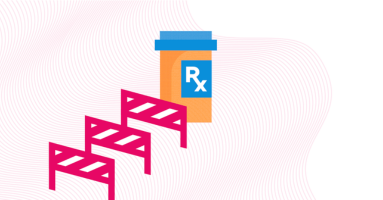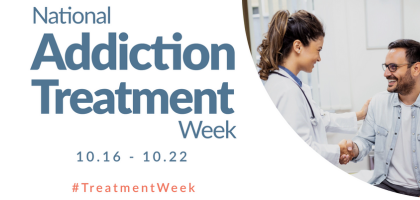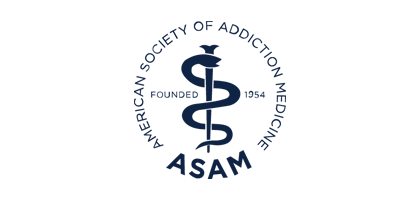News
ASAM Praises House Passage of Key Addiction Medicine Provisions in Bipartisan Mental Health Package
.png?sfvrsn=1ea858cc_1)
The Restoring Hope for Mental Health and Well-Being Act of 2022 (H.R. 7666) includes vital provisions to help increase access to evidence-based addiction treatment at a time of unprecedented need
Rockville, MD – Today, the American Society of Addiction Medicine (ASAM) applauded the U.S. House of Representatives for passing a bipartisan legislative passage that will strengthen the country’s addiction medicine infrastructure. The Restoring Hope for Mental Health and Well-Being Act of 2022 (H.R. 7666), which passed with overwhelming support of the chamber, includes vital provisions that will increase access to evidence-based addiction treatment by eliminating certain barriers, advancing mental health parity, supporting addiction training opportunities for clinicians, and encouraging the uptake of impactful models and services.
“Treating addiction saves lives; but, unfortunately, evidence-based services remain out of reach for too many Americans living with substance use disorder,” said William F. Haning, III, MD, DLFAPA, DFASAM, president of ASAM. “By strengthening key areas of America’s addiction treatment infrastructure, today’s House passage of the Restoring Hope for Mental Health and Well-Being Act of 2022 represents a significant step forward. The bipartisan legislation has the potential to save countless lives, which is why ASAM strongly supports the bill and commends Congressional champions in the House for advancing it.”
If enacted into law, the bill would, among other things:
- Eliminate the requirement that prescribers apply for the “X-waiver” to prescribe buprenorphine for substance use disorder (SUD) treatment and ensure that controlled medication prescribers receive training on treating and managing patients with SUD;
- Reauthorize the Addiction Medicine Fellowship Program, which provides grants to institutions that provide training opportunities for addiction medicine and addiction psychiatry fellows;
- Eliminate the requirement that an individual be addicted to opioids for at least one year before being admitted for treatment by an opioid treatment program and require the establishment of new criteria to allow patients to receive take-home methadone after the end of the COVID-19 public health emergency;
- Require federal agencies to promote the availability of high-quality recovery housing and services for individuals with SUD;
- Authorize funding to assist states in enforcing mental health parity, and require self-funded, non-federal governmental plans to comply with mental health parity requirements; and
- Authorize funding to increase uptake of the collaborative care model and for screening and treatment for maternal mental health and SUD.
The advancement of the bill could not come at a more crucial time. Drug overdose deaths are at an all-time high, with 107,891 drug overdose deaths predicted by the Centers for Disease Control and Prevention (CDC) in 2021. According to the Substance Abuse and Mental Health Services Administration (SAMHSA), 41.1 million Americans aged 12 or older needed substance use treatment in the past year, yet a relatively small percentage of adolescents and adults with substance use disorder (6.5%) received any substance use treatment. To help treat addiction and save lives, it is vital to expand access to evidence-based treatment, strengthen the addiction treatment workforce, promote parity between mental and physical health in insurance plans, and remove barriers to addiction care.
# # #
Media Contact
Bryan Yannantuono
703-548-0019
About the American Society of Addiction Medicine
The American Society of Addiction Medicine (ASAM), founded in 1954, is a professional medical society representing over 7,000 physicians, clinicians, and associated professionals in the field of addiction medicine. ASAM is dedicated to increasing access and improving the quality of addiction treatment, educating physicians and the public, supporting research and prevention, and promoting the appropriate role of physicians in the care of patients with addiction. For more information, visit www.ASAM.org.




